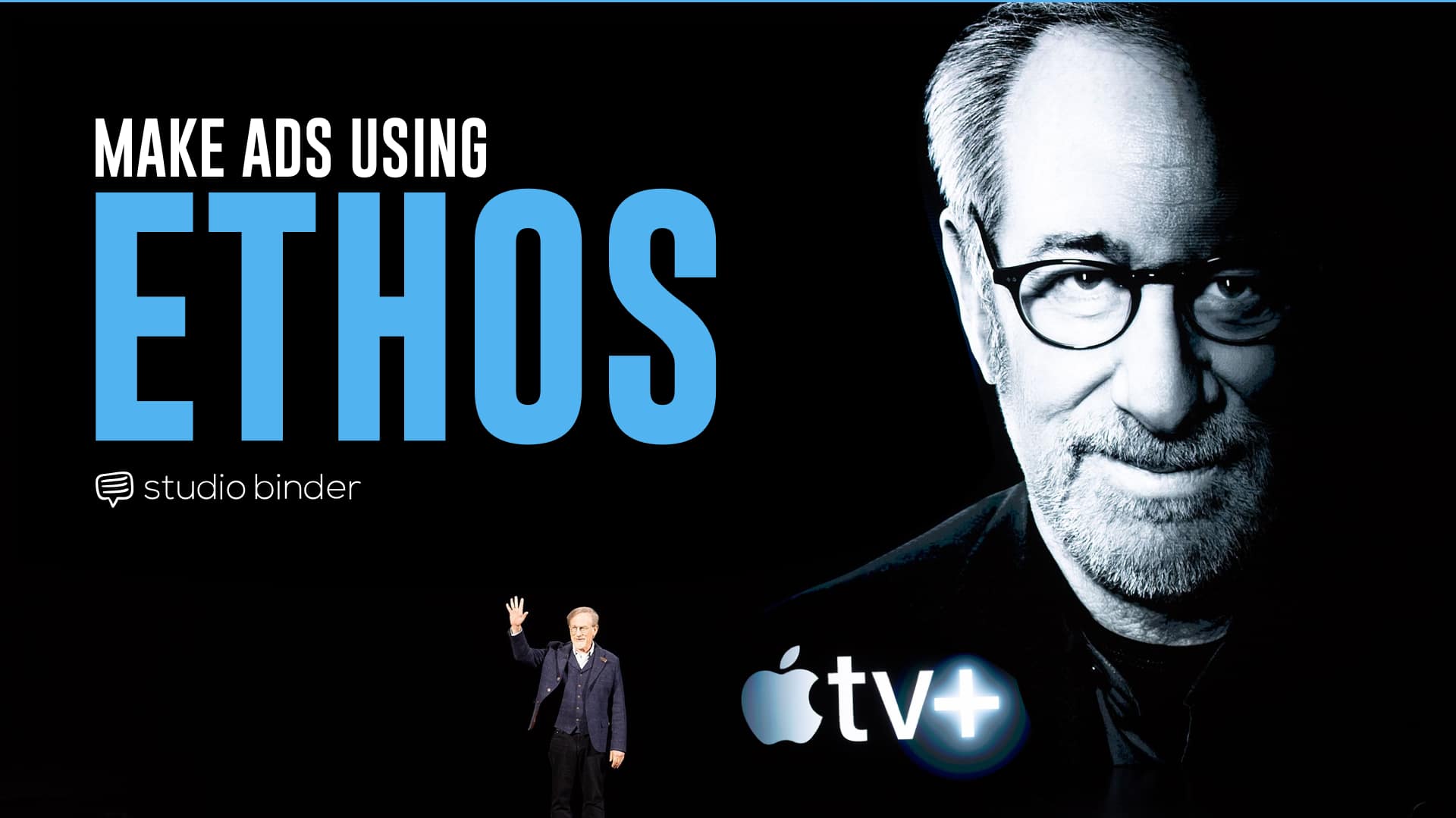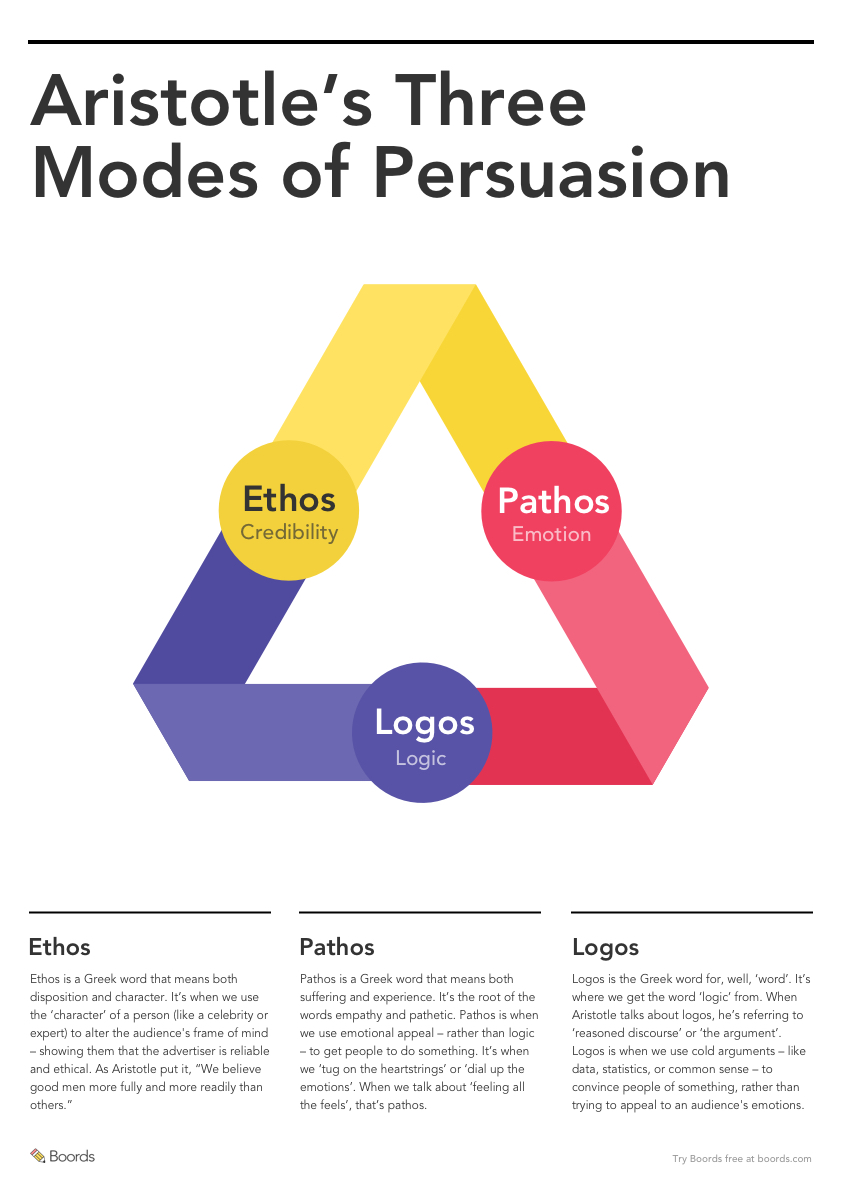Powerful Commercial That Uses Ethos: Crafting Authentic Advertising
In today's competitive marketing landscape, creating a commercial that uses ethos has become more critical than ever. Ethos, a concept rooted in Aristotle's principles of persuasion, focuses on establishing credibility and trust with the audience. By leveraging the power of ethos, advertisers can connect with their target market on a deeper level, fostering long-term relationships and driving brand loyalty.
With so many brands vying for attention, consumers are becoming increasingly discerning about the messages they consume. Ethos-driven commercials not only resonate with audiences but also differentiate brands from their competitors by highlighting authenticity and reliability.
This article will explore the nuances of creating powerful commercials that use ethos effectively. We will delve into the strategies, techniques, and best practices that make ethos-based advertising successful. Whether you're a marketing professional, a business owner, or simply someone interested in the art of persuasion, this guide will provide valuable insights to help you craft compelling commercials.
Read also:Palace Wedding Cake The Ultimate Guide To Royalinspired Wedding Cakes
Table of Contents
- Understanding Ethos in Advertising
- The Importance of Ethos in Modern Marketing
- Real-Life Examples of Commercials That Use Ethos
- Strategies for Incorporating Ethos in Commercials
- Building Credibility Through Ethos
- The Role of Trust in Ethos-Driven Advertising
- Measuring the Success of Ethos-Based Commercials
- Challenges in Implementing Ethos in Commercials
- The Future of Ethos in Advertising
- Conclusion and Call to Action
Understanding Ethos in Advertising
Ethos, one of the three modes of persuasion identified by Aristotle, refers to the ethical appeal that establishes the speaker's or brand's credibility. In the context of advertising, a commercial that uses ethos aims to convince the audience by showcasing the trustworthiness, expertise, and integrity of the brand.
This approach goes beyond mere product promotion, focusing instead on building a genuine connection with the audience. Ethos-driven commercials often highlight the brand's values, mission, and the authority it holds in its industry.
Key Components of Ethos in Advertising
- Credibility: Demonstrating expertise and reliability through data, testimonials, and endorsements.
- Authority: Leveraging industry leaders, experts, or influencers to enhance the brand's standing.
- Integrity: Highlighting the brand's commitment to ethical practices and social responsibility.
The Importance of Ethos in Modern Marketing
In today's digital age, where consumers are bombarded with countless advertisements, standing out requires more than just catchy slogans or visually appealing content. A commercial that uses ethos taps into the audience's desire for authenticity and trustworthiness, making it a powerful tool in modern marketing.
By focusing on ethos, brands can:
- Build long-term relationships with their audience.
- Enhance brand loyalty and advocacy.
- Differentiate themselves from competitors in a crowded marketplace.
Why Ethos Matters in Consumer Decision-Making
Consumers are increasingly prioritizing brands that align with their values and demonstrate ethical behavior. Ethos-driven commercials resonate with audiences on a personal level, influencing purchasing decisions and fostering brand advocacy.
Real-Life Examples of Commercials That Use Ethos
To better understand the impact of ethos in advertising, let's examine some successful examples of commercials that effectively leverage this mode of persuasion:
Read also:Cam Too Hot To Handle Exploring The Phenomenon And Its Impacts
Example 1: Apple's "Think Different" Campaign
Apple's iconic "Think Different" campaign is a prime example of a commercial that uses ethos. By aligning itself with visionaries and innovators, Apple established itself as a brand that champions creativity and progress.
Example 2: Nike's "Dream Crazy" Featuring Colin Kaepernick
Nike's "Dream Crazy" commercial featuring Colin Kaepernick exemplifies the power of ethos by aligning the brand with social justice and activism. The campaign not only resonated with consumers but also reinforced Nike's commitment to standing by its values.
Strategies for Incorporating Ethos in Commercials
Creating a commercial that uses ethos requires a strategic approach. Here are some effective strategies to consider:
1. Highlight Expertise and Authority
Feature industry experts, thought leaders, or influencers in your commercials to enhance credibility. For instance, a skincare brand could collaborate with dermatologists to demonstrate its commitment to quality and effectiveness.
2. Showcase Social Responsibility
Emphasize the brand's commitment to ethical practices and community involvement. Consumers are more likely to trust brands that actively contribute to society and prioritize sustainability.
3. Use Testimonials and Endorsements
Include customer testimonials and celebrity endorsements to build trust and credibility. Real-life stories and experiences can significantly enhance the persuasive power of a commercial.
Building Credibility Through Ethos
Credibility is the cornerstone of ethos in advertising. To establish trust with your audience, focus on the following:
1. Transparency
Be open about your brand's practices, values, and goals. Transparency fosters trust and demonstrates integrity.
2. Consistency
Maintain consistency in your messaging and branding across all platforms. A unified brand image reinforces credibility and reliability.
3. Data-Driven Insights
Support your claims with data, statistics, and research findings. Providing evidence-based information enhances the persuasiveness of your commercials.
The Role of Trust in Ethos-Driven Advertising
Trust is a critical component of ethos in advertising. Brands that succeed in building trust with their audience are more likely to achieve long-term success. Here's how trust contributes to the effectiveness of ethos-based commercials:
1. Emotional Connection
Trust enables brands to form emotional connections with their audience, leading to stronger engagement and loyalty.
2. Word-of-Mouth Marketing
Trustworthy brands often benefit from positive word-of-mouth marketing, as satisfied customers recommend them to others.
3. Crisis Management
In times of crisis, trust serves as a buffer, helping brands navigate challenges and maintain their reputation.
Measuring the Success of Ethos-Based Commercials
Evaluating the effectiveness of a commercial that uses ethos involves tracking key performance indicators (KPIs). Here are some metrics to consider:
1. Engagement Metrics
Monitor social media interactions, website traffic, and customer feedback to gauge audience engagement.
2. Conversion Rates
Analyze the impact of your commercials on sales, lead generation, and customer acquisition.
3. Brand Perception
Conduct surveys and focus groups to assess how your commercials influence public perception of your brand.
Challenges in Implementing Ethos in Commercials
While ethos is a powerful tool in advertising, it comes with its own set of challenges. Here are some common obstacles and how to overcome them:
1. Authenticity Concerns
Consumers can be skeptical of brands that appear insincere or overly promotional. To address this, ensure that your commercials reflect genuine values and intentions.
2. Balancing Ethos with Other Modes of Persuasion
Integrating ethos with pathos and logos can be challenging but is essential for creating well-rounded commercials. Strike a balance between emotional appeal and logical reasoning to maximize impact.
3. Cultural Sensitivity
When targeting diverse audiences, it's crucial to consider cultural nuances and sensitivities. Tailor your commercials to resonate with different demographics while maintaining authenticity.
The Future of Ethos in Advertising
As consumer expectations continue to evolve, the role of ethos in advertising will only grow in importance. Future trends in ethos-driven commercials include:
1. Increased Focus on Social Responsibility
Brands will prioritize ethical practices and sustainability, aligning themselves with the values of modern consumers.
2. Leveraging Technology
Advancements in AI and data analytics will enable brands to create more personalized and impactful ethos-based commercials.
3. Authentic Storytelling
Storytelling will remain a key component of ethos-driven advertising, with brands focusing on narratives that resonate on a personal level.
Conclusion and Call to Action
In conclusion, a commercial that uses ethos has the power to transform marketing efforts by fostering trust, credibility, and long-term relationships with audiences. By incorporating strategies such as highlighting expertise, showcasing social responsibility, and using testimonials, brands can create compelling commercials that resonate with consumers.
We invite you to share your thoughts and experiences in the comments section below. Have you encountered a commercial that effectively uses ethos? What strategies do you think are most impactful? Additionally, explore our other articles on marketing and advertising for more insights and inspiration.


